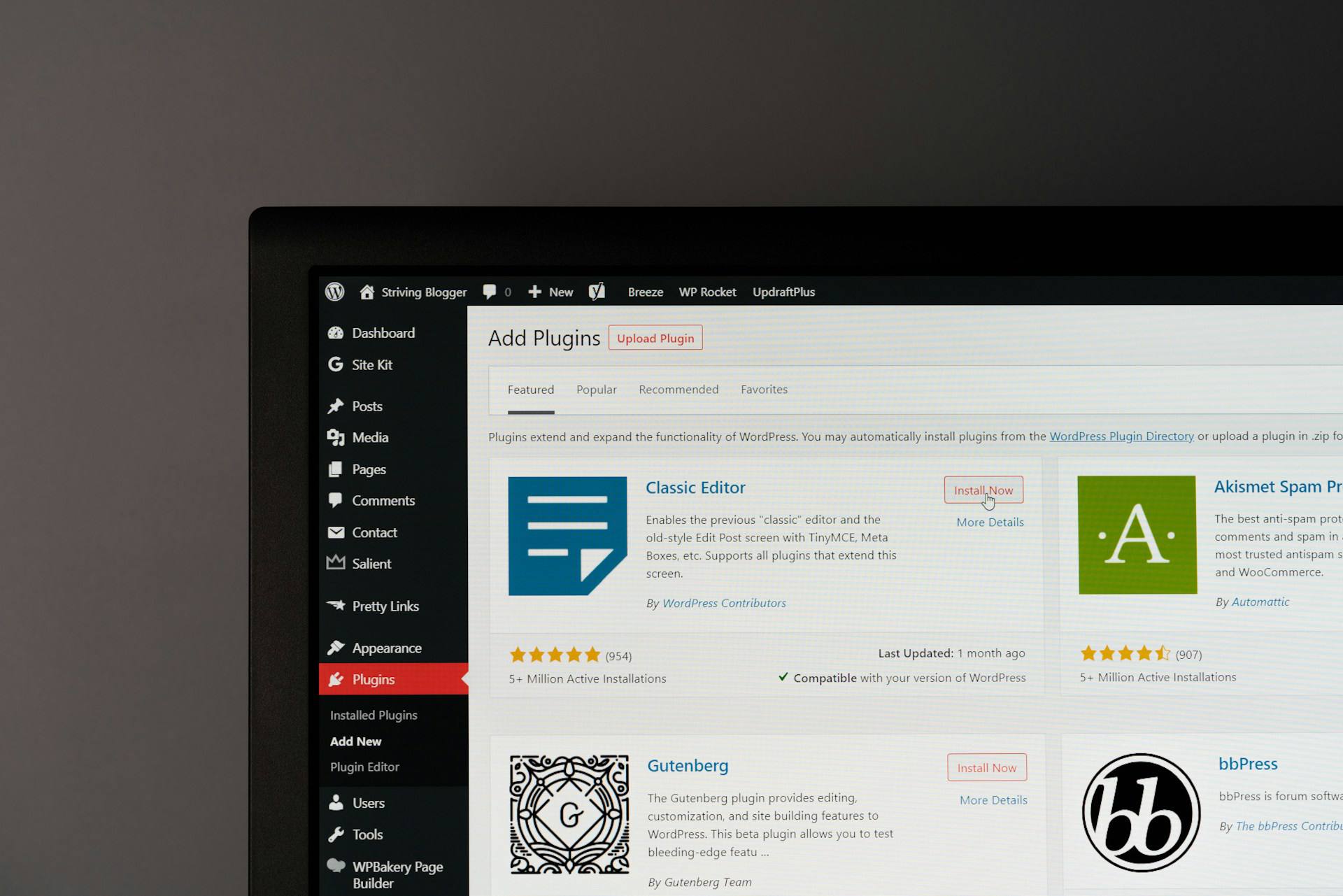WordPress, the world’s most popular content management platform, is preparing a major leap forward with the arrival of version 7.0. The initial plan projected a release in November 2025, but the schedule has now been pushed back to 2027. This delay is intended to ensure quality, stability, and the refinement of major features that will reshape how millions of users build websites.
WordPress Evolution Toward Version 7
Currently powering over 40% of global websites, WordPress is known for delivering major updates annually. However, unlike previous versions, WordPress 7 is positioned as a significant turning point. The official WordPress team, through Make WordPress Core, explained that moving the release to 2027 is meant to strengthen the technical foundation while giving the open-source community more room to contribute.
Full-Site Editing and Block Themes
One of the core highlights of WordPress 7 is Full-Site Editing (FSE). This feature allows users to edit all site elements including headers, footers, archives, and custom pages directly through the block editor, without manual coding. Enhanced block theme support offers greater design flexibility and speeds up the website creation process.
Global Styles and Design System
WordPress 7 also introduces global design management via the theme.json file. Users can control typography, spacing, and colors across the entire site consistently. Styles can also be locked to prevent unauthorized changes, helping businesses and brands maintain visual identity.
Gutenberg 3.0: A Stronger Block Editor
With the integration of Gutenberg 3.0, WordPress 7 will bring new blocks such as automatic table of contents, image comparison, and progress bars. The drag-and-drop feature is improved, and “block lock” ensures critical elements remain unchanged without permission. Per-block revision history allows users to quickly revert changes, improving both security and efficiency.
Real-Time Collaboration
One of the most anticipated innovations is real-time collaboration. Similar to Google Docs, WordPress 7 enables multiple users to edit posts or pages simultaneously. Commenting and revision history strengthen teamwork across editorial offices, companies, and digital communities relying on WordPress as their publishing base.
Performance, Security, and Multilingual Support
On performance, WordPress 7 brings more efficient caching, lazy loading for images, and defer script support to improve page load speeds. On security, passkey login and role-based access controls add new layers of protection.
Even more transformative, WordPress 7 will include native multilingual support. Users will be able to create and manage content in multiple languages without third-party plugins. Built-in translation interfaces simplify the process for global businesses targeting international audiences.
UI, Mobile, and Accessibility
The user interface in WordPress 7 is redesigned to be more intuitive and mobile-friendly. Navigation is simpler, the backend is fully responsive, and accessibility has been improved with stronger screen reader support and keyboard-based navigation. These features ensure WordPress remains inclusive for all users.
Developer Support and Integrations
For developers, WordPress 7 offers cleaner HTML output, more efficient block caching, and support for type=”module” scripts. APIs are more open to integrations with CRMs, newsletters, and e-commerce platforms. These upgrades are expected to strengthen the plugin ecosystem and expand WordPress’s business potential.
Impact on Users and the Digital Industry
The arrival of WordPress 7 will bring significant impact, not only for individual users but also for the global digital industry. E-commerce businesses, news media, and community platforms will all benefit from a more modern, secure, and efficient experience. Although the release is set for 2027, many believe the wait will be worth it for the quality improvements promised.
With revolutionary features like real-time collaboration, global design control, multilingual support, and high performance, WordPress 7 is set to become a new milestone in CMS evolution. The delay allows more time for developers and users to adapt while preparing digital infrastructures for the next era of web publishing.




